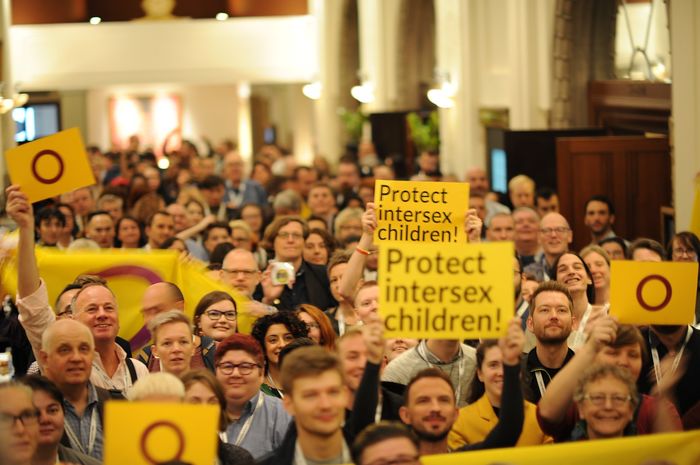Science denial: can celebrities help?
Sambhavi Sneha Kumar wonders how useful Hollywood and social media can be when dealing with science denial and misinformation
Despite being met with mixed reviews from a cinematic point of view, the December 2021 film “Don’t Look Up” has sparked some conversation. The film is accepted to be an allegory for the climate crisis, with fictional politicians responding to evidence and warnings with sage advice such as to ‘sit tight and assess’, reflecting the point of view of many: that we are simply not doing enough. Ultimately, though, “Don’t Look Up” could be interpreted to be about a host of global issues, including the COVID-19 pandemic.
In the film, two astronomers, having spotted a comet on course to destroy the planet, attempt to warn the world by speaking to politicians and reaching out to the general public. And, in a haunting series of events, they are repeatedly ignored and ridiculed, until (spoiler) the comet ends up hitting Earth and wiping out the planet. The overall message is not the most subtle, but the efficacy of the film delivering its message is worth considering. How likely are we to listen to the messages delivered through film, through music and social media?
Celebrities have striking influence over society, and subsequently, it is unsurprising that through sharing their personal experiences and viewpoints they are prime candidates for spreading important messages. This is by no means a new phenomenon: in the 1990s, in the weeks after basketball player Earvin Johnson made his diagnosis of HIV public, the AIDS Hotline of the United States’ Centres for Disease Control and Prevention reported over 28,000 calls from people seeking to better educate themselves about the condition. Another example comes in the form of Angelina Jolie’s prophylactic double mastectomy, as discussed in Varsity’s recent article on personalised medicine, following the discovery that she carried mutations in the gene BRCA2 that are associated with the development of breast cancer. The celebrity influence can be particularly powerful when it comes to topics associated with stigma and the drive for changes in public perception.
“Many high-profile individuals have spoken out regarding their opinions on COVID-19 distancing measures and vaccination”
Let’s turn our attention to the COVID-19 pandemic. Many high-profile individuals are outspoken about their opinions on COVID-19 distancing measures and vaccination, sharing selfies of themselves wearing face masks or urging fans to get vaccinated. Examples include singer Ariana Grande, with over 250 million Instagram followers, frequently encourages her followers to follow government guidance and to get vaccinated. Grande was also featured in “Don’t Look Up”, releasing a new single for the film, which included rather pointed lyrics such as “listen to the qualified scientists”.
However, the world of the famous is by no means united in terms of their opinions of COVID-19. Recently, tennis superstar and world number one (men’s) Novak Djokovic has been the centre of controversy regarding his vaccination status, which ultimately ended with him being unable to compete in the Australian Open. Djokovic has not been vaccinated and told Australian officials that he has had COVID-19 twice before. Surveys from ESPN revealed that 48% of tennis fans disapprove of how Djokovic handled his vaccination status, but 43% approve (with the remainder not disclosing an opinion). Furthermore, 56% of those surveyed agreed that sports professionals are standing up for their rights by not getting vaccinated. Djokovic is widely hailed by many as a hero and as a role model. His opinions regarding vaccination may well go on to affect his fans.
Celebrities carry a great deal of power, especially in the era of social media. This power to influence remains a useful tool, but with it comes notable risk.
 News / Hundreds of Cambridge academics demand vote on fate of vet course20 February 2026
News / Hundreds of Cambridge academics demand vote on fate of vet course20 February 2026 News / University Council rescinds University Centre membership20 February 2026
News / University Council rescinds University Centre membership20 February 2026 News / Judge Business School advisor resigns over Epstein and Andrew links18 February 2026
News / Judge Business School advisor resigns over Epstein and Andrew links18 February 2026 News / Petition demands University reverse decision on vegan menu20 February 2026
News / Petition demands University reverse decision on vegan menu20 February 2026 News / Caius students fail to pass Pride flag proposal20 February 2026
News / Caius students fail to pass Pride flag proposal20 February 2026










